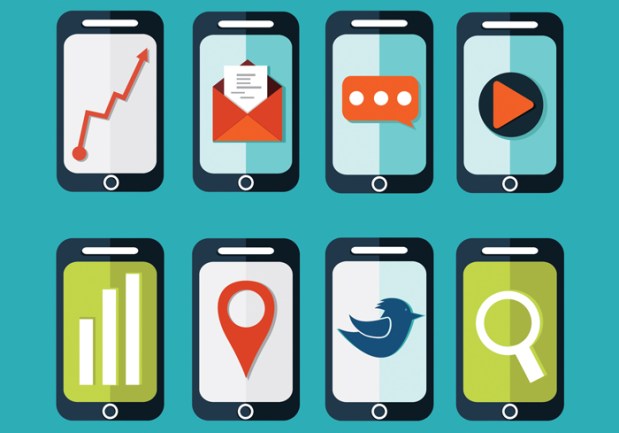Apple Approves Controversial Ad-Blocker

A new app in Apple’s App Store has stirred some controversy. Called Been Choice, the app is designed to block advertisements, which is not too terribly uncommon, lots of apps do that. What makes Been Choice unique is that it also blocks ads in native mobile apps, including Facebook and even Apple’s own News app.
That feat is accomplished through the use of a VPN service; once a user downloads and signs on with Been Choice, the traffic to their phone is essentially filtered through Been Choice’s servers for deep packet inspection. Using various pattern recognition techniques, the ads are located and stripped out before being beamed out to a user’s phone.
Now, it is not clear if Apple is actually aware of just how comprehensive the ad screening is. TechCrunch observes multiple times in its write-up that it is entirely possible that Apple is simply unaware that this new app is even screening Apple’s native News service. Apple certainly and intentionally allowed ad-blocking technology with its latest software upgrade, iOS 9. It is not clear if the company intended to let it cut against its best interests in this way.
The app itself has drawn some scrutiny, since though it is putatively about data privacy, the app itself is meant to harvest data from consumers to share with others, albeit with consumers’ consent. The brainchild of two McKinsey & Co. alumni, Dave Yoon and Sang Shin, the Been Choice app offers users a choice to block ads and then be paid to share their data with advertisers, publishers and app developers.
However, being compensated seems to mean users are giving up lots of data. According to the terms of service — which, of course, everyone reads — the company monitors the data traffic to pull device info, carrier and network info, device IDs, information about apps and data usage, “content of your communications and transactions,” excluding financial and eCommerce applications, and “information about you.”
On the upside, the company says it takes “reasonable steps to remove all personally identifiable information.”
On the downside, the terms of service say it reads your emails and text messages to learn about you. That’s a lot more data than one gives up with ads.
“It’s absolutely more data. And that’s what we set out to build,” Yoon told TC .“We think if you have consent from the user and share economics with the user, you can gather better data. But the key question is consent.”
For now it seems he is right, but the key consent will be Apple’s. Specifically, will it consent to having its ads just as blocked as everyone else’s?
To check out what else is HOT in the world of payments, click here.
